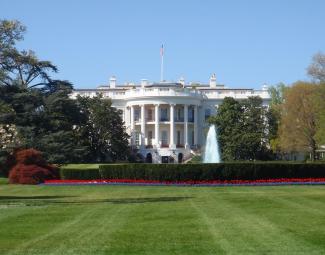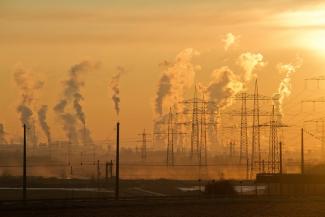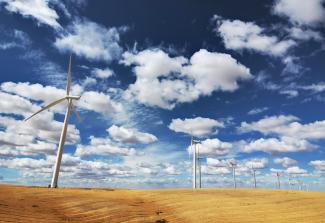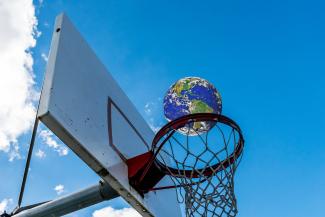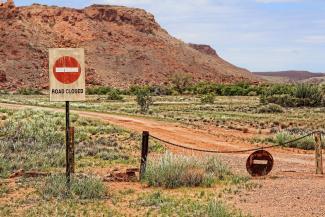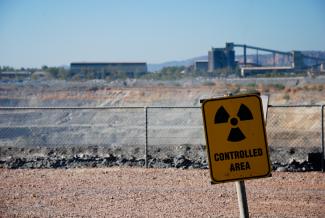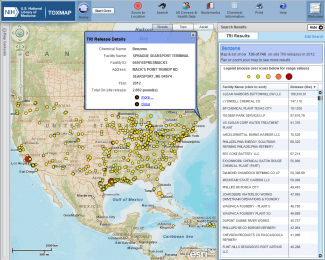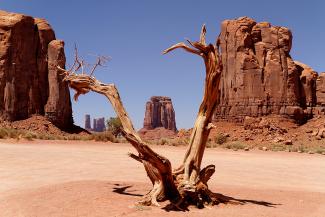Environmental Justice Faces Fresh Obstacles
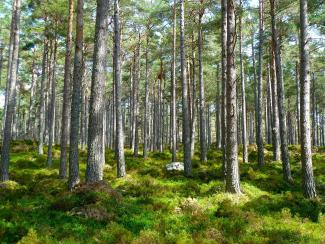
As the country wrestles with racial justice issues, driven both by police atrocities and the uneven distribution of COVID-19 infection and deaths, it’s time for renewed focus on environmental justice. The quest for EJ remains perhaps the most challenging unsolved problem in the environmental arena. And until we arrive at a place where environmental benefits and burdens are both more equally distributed across society, EJ will remain a problem that differentially compromises not only quality of life, but also health and resilience in the face of maladies like the coronavirus.
